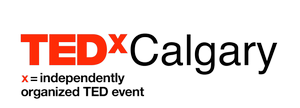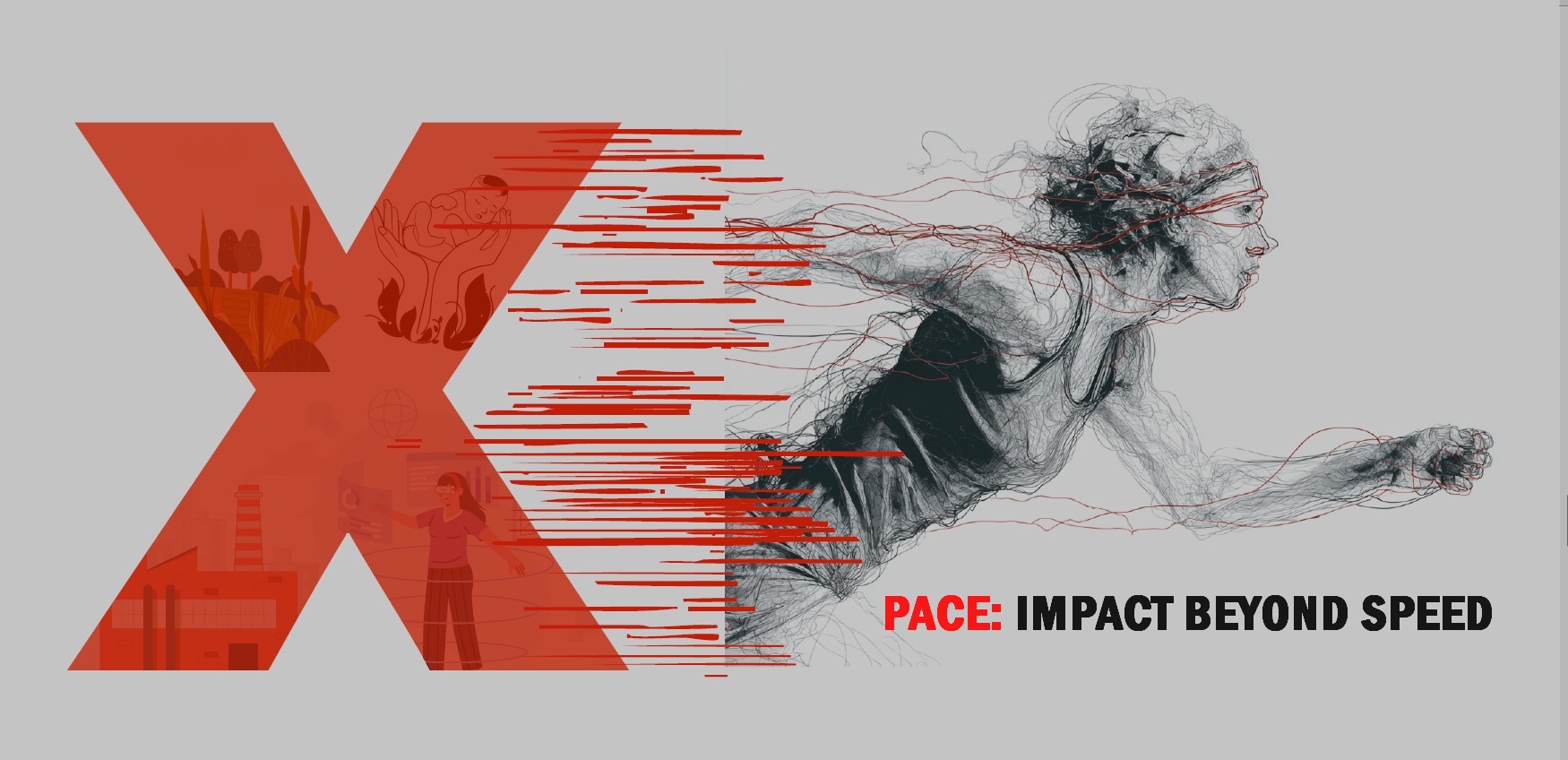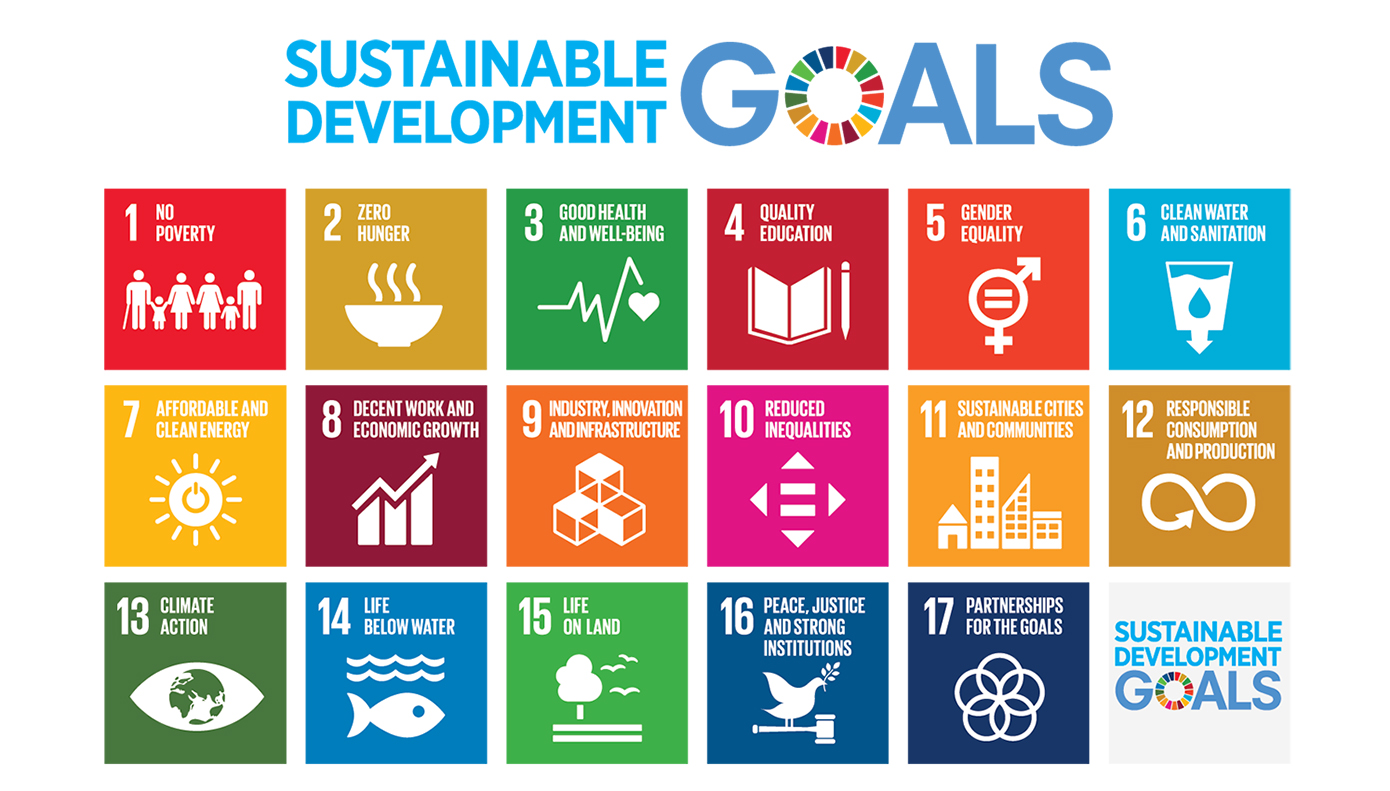What are we all about as a TEDx organizing team?
You'll find many types of TEDx events across the globe, ranging from small 100-person events (where we all start as new licencees) to ones with several thousand participants. From where we began in 2009, when there were just a few hundred organizing teams globally at the time, there are now over 3,000 TEDx organizers applying their collective intellect and passion to spreading amazing ideas.
Shortly after we began organizing, we made a decision that our main focus would always be to stay under 500 participants for any single event.
Why?
Our purpose has long been to cultivate a garden of ideas, and nurture a culture of conversation*. That takes a level of intimacy that we just didn't think can happen with larger events. It's still one of our core values: we want to get to know the people who participate in our events, making new and hopefully lasting connections with others in our community who are equally curious about the world around us.
During our more than a decade of operating, we've continued to experiment with different ways to achieve that vision. Since 2017, we've focused on offering smaller speaker-based salon events focused on questions that we think are important to explore more deeply, with audiences ranging from 50-120 people. The emphasis in those events is connecting as people, and spending time sharing ideas with one another in a more meaningful way.
Even at our main annual events, where we've hosted over 400 participants each year for the last several years, our approach has always been to balance the ideas coming from the stage with the opportunity for participants to interact with one another and key ideas in a personalized way as part of our deeply immersive interactions zone.
Join our "campfire" of conversation...
 We've long held a belief that humans have most openly shared their ideas around the literal or metaphorical "campfire", when our thoughts more naturally seem to turn to deeper questions of meaning and purpose, and we're more willing to open ourselves up to deeper conversations. To us, those are the moments that truly connect us as fellow humans travelling together on the journey through life. If we let them, they allow us to more deeply understand and appreciate our collective responsibility to be better citizens of our local, national, and global communities. Our events over the last decade have shown our continuing concern for how we're doing as a species, and how we can aspire to do even better when it comes to how we relate to our natural environments, and to one another.
We've long held a belief that humans have most openly shared their ideas around the literal or metaphorical "campfire", when our thoughts more naturally seem to turn to deeper questions of meaning and purpose, and we're more willing to open ourselves up to deeper conversations. To us, those are the moments that truly connect us as fellow humans travelling together on the journey through life. If we let them, they allow us to more deeply understand and appreciate our collective responsibility to be better citizens of our local, national, and global communities. Our events over the last decade have shown our continuing concern for how we're doing as a species, and how we can aspire to do even better when it comes to how we relate to our natural environments, and to one another.
Throughout the programming year, we'll hold a number of different types of events, at different sizes and scales, to engage as many of those community Visionary Ideas Promoters (our favourite VIPs) as we possibly can.
Whether it's at one of our speaker salons, an adventure within the community, a community campfire event, or at our main annual event, we hope we'll see you at some point in our programming year.
Guiding Principles
One of our commitments as an organizing team is to help bring focus and attention to the 2030 Agenda of Sustainable Development Goals. As a program of unified actions, we believe that the global UN community has it right: these are valid goals for all of us, however we choose to prioritize them in our national or local context. Click on the image or link to learn more.
Another guiding principle is our commitment to pluralism, both as a Canadian-based organizing team and as a connected group of citizens within our local community. We're proud to cite the definition put forward by the Global Centre for Pluralism (it's Canadian too!), as follows:
Defined simply, pluralism is an ethic of respect for diversity. Whereas diversity is a fact, pluralism is a choice. Pluralism results from the daily decisions taken by state institutions, by civil society actors and associations and by individuals to recognize and value human differences.
* Our eternal thanks to long-time team member Cameron Falkenhagen for putting this into words.


